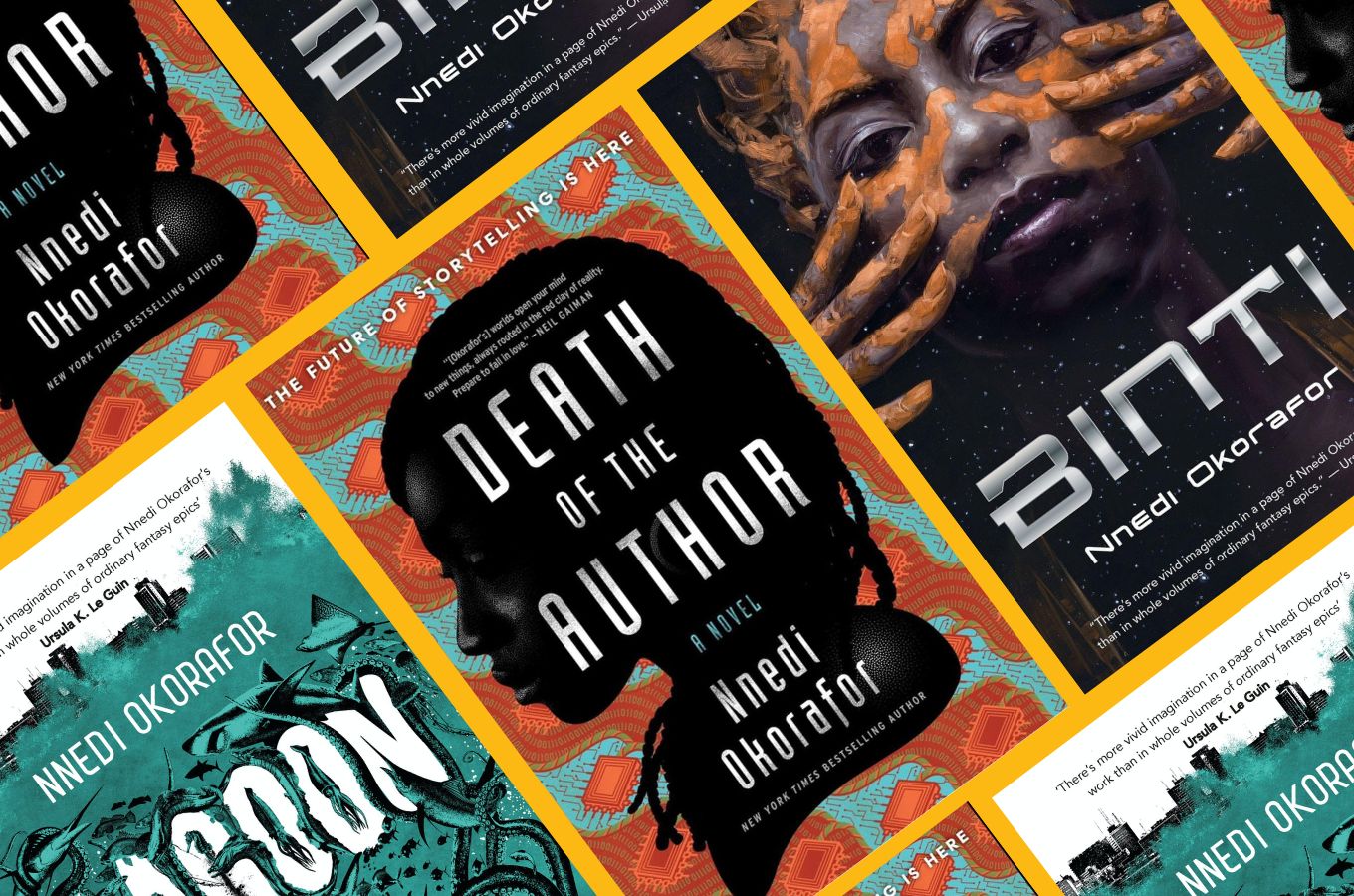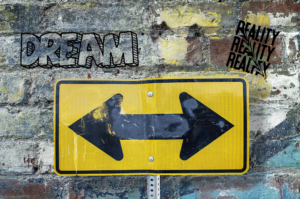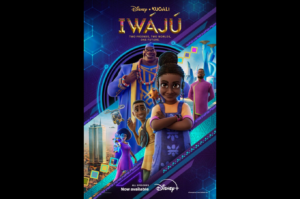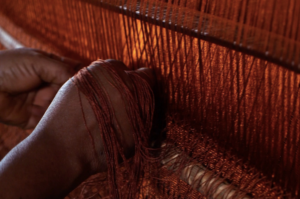
For writers like Nnedi Okorafor, storytelling is not just about crafting worlds and characters. It involves staking a claim to creative freedom in a literary world eager to simplify and mislabel. Okorafor has spent years correcting misconceptions about her work and insisting that she writes Africanfuturism, not Afrofuturism. The distinction is not trivial, as she explains in this piece in which she defines Africanfuturism and lays out its broader stakes. While there has been some uptake of the term in the African sci-fi space and it has been added to the historical dictionary of science fiction, there are still push backs.
In a recent blog post titled “It’s Bigger Than a Label…”, Okorafor notes the frustration that comes with having to explain, over and over, why she chooses to define her work on her own terms. “I have spent years telling people that I write Africanfuturism,” she writes, pointing out how even now, the label Afrofuturism is reflexively applied to her work by those unwilling to engage with the nuances she carefully outlines. The issue, she argues, is not simply one of terminology but reflects a broader unwillingness to allow Black and African writers the space to shape their own narratives.
What tends to be unacknowledged in conversations around these kinds of critiques is the fact that it does take its toll. We don’t talk enough about the labor—emotional, intellectual, and creative—that Black and African writers undertake simply to ensure that their work is seen and understood on its own terms. The weight of constantly explaining oneself, of resisting labels that flatten complex identities, is part of a larger struggle for creative freedom and self-determination.
There is a long history of African writers and their works being misrepresented. In the 1970s, Chinua Achebe grappled with similar issues. He talked about what he called colonialist criticism, where critics imposed rigid expectations on African literature. They placed on African writers a set of expectations rooted in the critic’s believes and assumptions about literature, which led to a lot of dismissive opinions about what African writers were doing in their work. African writers have long had to defend their right to name their own experiences and frame their stories on their own terms. We’ve come a long way, but the struggle is still on.
Shouldn’t the words and stories of writers be enough? Perhaps the issue isn’t with the labels themselves but with the systems that cling to them—systems that resist complexity in favor of convenient, reductive categories.
But, as Okorafor makes clear, she will not be made invisible. The fight to define her work is ongoing, but through that fight, she remakes the space for herself and future generation of writers who refuse to be mislabeled.









COMMENTS -
Reader Interactions